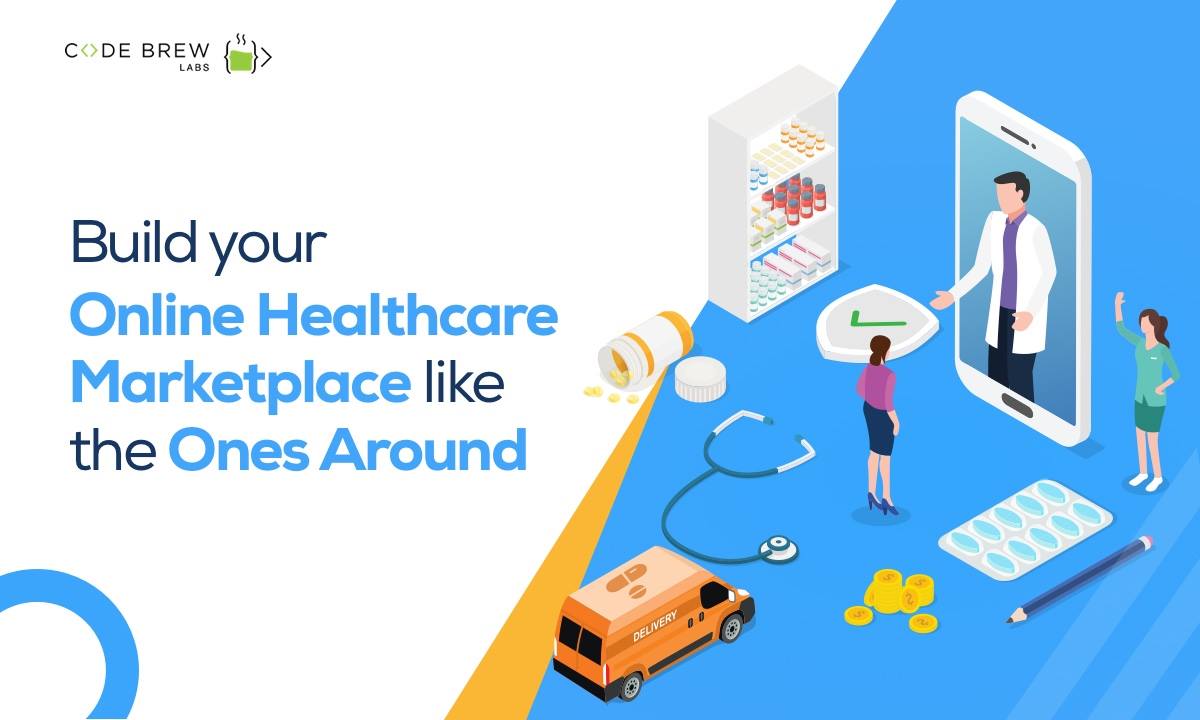The Effect of Subscription Based Healthcare on Conventional Medical Practices
How Subscription-Based Healthcare Is Changing the Clinical Market

The Surge of Registration Health Care
In the last few years, the healthcare market has actually seen a substantial shift in the direction of subscription-based designs, reflecting wider consumer trends favoring benefit and predictability. This makeover is driven by the raising need for more customized and accessible treatment services. Membership medical care, occasionally referred to as attendant medicine or direct medical care, provides patients a fixed regular monthly charge for a series of clinical services, considerably altering typical fee-for-service versions.
The increase of subscription healthcare is assisted in by advancements in innovation, which allow structured interaction in between patients and suppliers - subscription based healthcare. Digital systems and telehealth services have become indispensable, supplying patients the capability to arrange visits, gain access to clinical documents, and obtain appointments online. This technological combination not just improves patient interaction yet additionally enables service providers to provide more effective treatment
In addition, the registration model aligns with the advancing expectations of individuals who seek more control over their healthcare expenditures and experiences. While this version is getting grip, its spreading faces obstacles such as governing hurdles and the necessity for broader approval within the typical medical care community.
Advantages for Providers and people
Subscription-based medical care uses a wide range of benefits for both companies and clients, improving the characteristics of clinical care. For clients, this model gives enhanced accessibility to health care services.
For medical care suppliers, subscription-based versions foster a more sustainable and satisfying technique. Management tasks are typically streamlined, reducing overhead prices and allowing carriers to commit even more time to individual interaction. On the whole, subscription-based health care straightens the rewards of patients and suppliers, promoting an extra efficient and patient-centered healthcare shipment system.
Trick Features of the Design
Regularly, the essential functions of the subscription-based medical care model highlight its unique technique to supplying medical services. Central to this model is the idea of foreseeable, month-to-month settlements, offering patients an extensive variety of solutions without the changability of typical fee-for-service structures. This version usually consists of limitless access to medical care services, preventive care, and routine check-ups, making sure that individuals can involve with their health care carriers proactively instead of reactively.
In addition, straight interaction networks, such as telemedicine and messaging platforms, are highlighted, enabling clients to receive timely advice and consultations without needing in-person consultations. This boosts access and ease, specifically for people with movement constraints or those residing in remote locations. The version likewise fosters stronger doctor-patient partnerships, as health care suppliers are incentivized to focus on long-term wellness results rather than temporary sees.
Additionally, subscription-based health care often incorporates technical developments, such as electronic wellness records and wellness tracking apps, to give individualized and efficient treatment. Individuals gain from collaborated and continuous treatment management, which is customized to their particular wellness needs. Inevitably, these functions collectively produce a patient-centered health care experience, prioritizing availability, cost openness, and preventive care.

Challenges and Factors To Consider
While the subscription-based medical care design offers countless advantages, it is not without its obstacles and considerations. One substantial difficulty is guaranteeing equitable accessibility. Registration versions may accidentally favor those with greater socioeconomic status, possibly expanding variations in medical care access for lower-income people that may battle with monthly charges. This elevates ethical worries about inclusivity and equity in health care distribution.
An additional obstacle lies in regulatory compliance. Subscription-based healthcare has to navigate an intricate internet of policies that vary by area, including problems around client confidentiality, data security, and state licensing demands. Making sure conformity without impeding the model's flexibility and innovation can be daunting for suppliers.
In addition, there is the threat of overutilization or underutilization of solutions. Individuals paying a taken care of cost may overuse services, resulting in enhanced operational prices, while others could underutilize as a result of be afraid of straining the system, potentially overlooking necessary care.
Future Leads and Innovations
The landscape of subscription-based medical care is positioned for improvement with emerging innovations and advancing leads. As innovation remains to Clicking Here advancement, the integration of artificial knowledge and maker knowing presents substantial chances to enhance analysis accuracy and streamline individual administration. Predictive analytics can change precautionary care by determining potential wellness dangers prior to they materialize, thereby lowering both expenses and the burden on medical care systems.
Furthermore, telemedicine is readied to broaden within registration versions, offering patients enhanced access to health care experts despite geographical restraints. This not only assists in continuity of treatment but likewise encourages clients to involve more proactively Click Here in their wellness administration. Additionally, blockchain modern technology uses possible in securing individual data and making sure interoperability throughout platforms, promoting trust fund and transparency.
The advancement of personalized medicine is one more frontier, with membership versions providing a special structure for supplying tailored health and wellness options. Hereditary screening and personalized treatment strategies can be flawlessly incorporated, aligning client needs with certain clinical treatments. Collaborations in between technology business and health care suppliers are most likely to generate cutting-edge remedies, boosting person experiences and end results. As these leads appear, subscription-based medical care has the possible to redefine exactly how care is supplied and accessed.
Conclusion
Subscription-based healthcare is a fantastic read changing the clinical market by offering an extra easily accessible, predictable, and patient-centered method to clinical solutions. This model boosts patient-provider partnerships, guarantees financial openness, and highlights preventive treatment through endless examinations and telemedicine. In spite of challenges such as governing obstacles and potential variations in access, the registration model holds assurance for a much more effective and tailored health care experience. As technology developments, further advancements are likely to attend to existing challenges and enhance medical care shipment.
Registration medical care, sometimes referred to as concierge medicine or straight key care, provides individuals a set monthly fee for a variety of medical services, dramatically altering traditional fee-for-service models.
Furthermore, the membership design straightens with the advancing assumptions of patients that look for even more control over their medical care costs and experiences. For people, this version gives boosted accessibility to medical care solutions. On the whole, subscription-based medical care straightens the motivations of service providers and clients, promoting a more efficient and patient-centered medical care distribution system.
Additionally, telemedicine is set to expand within subscription models, offering people raised accessibility to health care experts no matter of geographical constraints. - subscription based healthcare